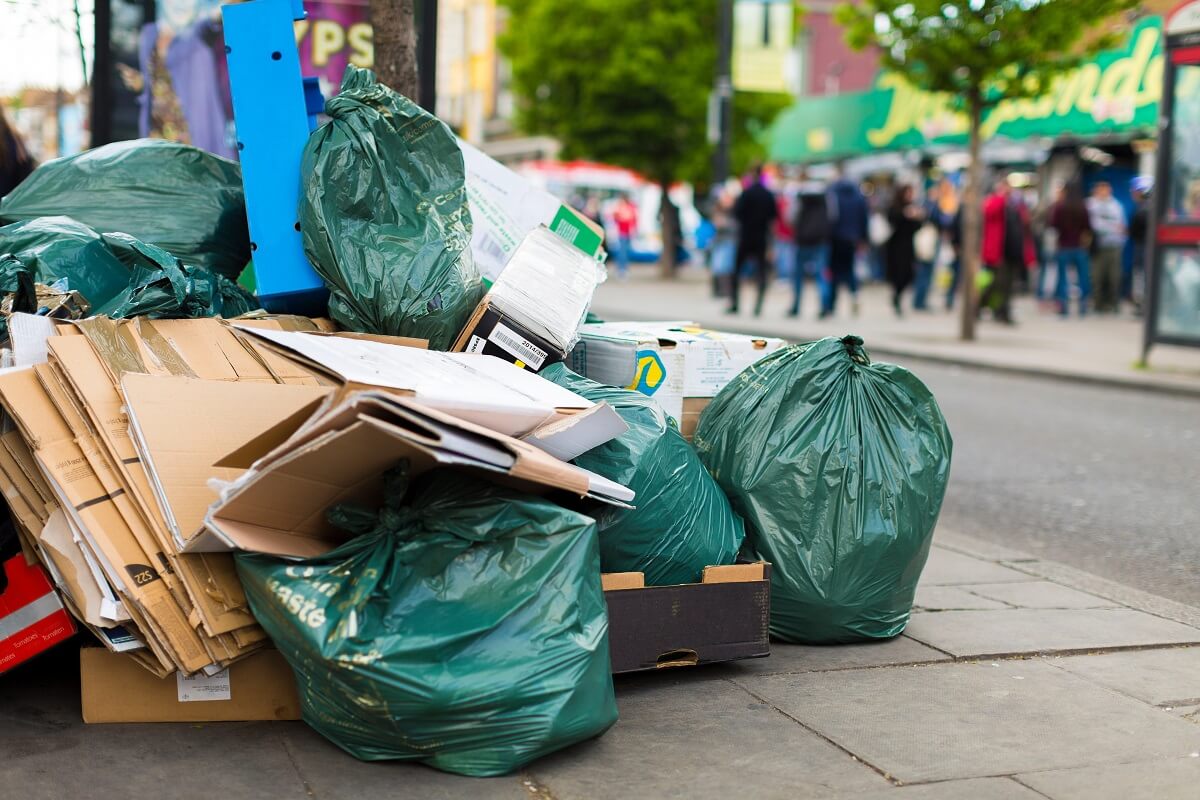Waste Management: Everything You Need to Know About
One of the greatest problems that the entire world is suffering from now is waste. There is waste in every nook and corner of the world. The more waste the more pollution generated. Several environmental scientists worry about maintaining a healthy environment and balancing the natural ecosystem. There was a report entitled, ‘What A Waste 2.0: a global snapshot of solid waste management 2050.’ The researchers here said that if human beings are incapable of managing waste properly, it can not only harm the environment and health but also human prosperity.
Nowadays, the government of every country are taking the rightful initiative to reduce the amount of waste. Besides, more and more waste management companies are emerging to clear the waste. Since these are professional cleaning companies, they can help you by adopting the best waste management methodologies. They use the right pieces of equipment for effortless cleaning. So, are you in search of professional waste management companies? If so, then your search ends here. You have the companies that conduct waste collection in London.
We know that many of you are not aware of the right ways to waste collection. So, we have resorted to providing you with the necessary information on waste collection and management in the form of a blog. In this blog, we will share with you about waste management, its solutions and methods. Therefore, let’s get into the details of the blog right away.
What is waste management?
The process of managing waste right from its inception to disposal is is known as waste management. The entire process of waste management involves a lot of essential activities. They include the collection of the waste followed by transporting the waste to the respective location. Once you take the waste collection to the respective land feel you either recycle it or dispose of it off. The final step is the monitoring of the waste materials. In this entire process, the one thing that you should keep in mind is to manage waste in a way that does not cause any adverse effect on the human race as well as on the environment.
When it comes to waste management, it encompasses all types of waste including Industrial waste, household waste, hazardous waste, and many more. The forms of waste differ according to the type of waste. There are three forms of waste solid waste liquid waste and gaseous waste. All three forms are very different from each other and therefore managing and disposing of them also differs. The primary purpose of waste management is to reduce the amount of waste that otherwise goes into landfills. To do this, you have to accommodate responsible waste management methods without causing any harm to the environment.
Methods of waste management
There are several scientific methods of managing and disposing of waste responsibly. Of all the methods the three most common forms are recycling, incineration, and landfill. Let’s take a look at each one of them.
Recycling
Recycling waste products means you have to convert the waste product into a new product. So, what was once a wasted item after recycling becomes a new one with a new use. Recycling waste has got a lot of advantages. One of the potential benefits of recycling waste is it saves natural resources.Besides recycling waste also reduces energy consumption. Further, you don’t have to think of producing something new thereby reducing the cost of new production materials. Also recycling waste leads to less emission of greenhouse gas. Some of them are wood, cardboard, plastic, glass, and aluminium.
Incineration
Incineration is another effective waste management process. Here, you have to burn solid waste at a particularly high-temperature range. The temperature at which the waste needs to be burnt must be able to change the waste products into gas heat and steam. The process of incineration is also known as thermal treatment or combustion.The most suited waste products that need the process of incineration are dangerous and hazardous waste that includes the emission of chemicals. One of the downsides of the process of incineration is the production of carbon dioxide, nitrogen oxide and sulphur dioxide. The production of all these three gases has a high chance of inducing the greenhouse effect.
Landfill
The final method of waste management that we will be discussing is landfills. Landfills are nothing but large holes dug in the ground in a fashion that can carry a huge amount of rubbish. Like the incineration method, the process of dumping waste in landfills is also not a favourable one. It is from these landfills that human health and the environment can be affected. So, the last thing that you should do while dealing with waste is to opt for dumping them in landfills.
Hierarchy of waste management
Every process has a step-wise method which when followed gives a better output. Similarly, the process of waste management follows a hierarchy. This hierarchy gives an outline of the options available for managing waste. The hierarchy has waste management options put out in an environmental-friendly fashion. Let’s take a look at waste management and understand the preferred methods of waste management depending on their sustainability.
- Prevent – Initially produce less waste by keeping things and using them for a longer time and reusing them. This reduces the amount of hazardous waste as well.
- Prepare for reuse – Consider a waste product before throwing it. If needed, repair it and refurbish the product.
- Recycle – As the name suggests, you can recycle the waste product to create a new one. Also, you can find a new use for the product.
- Other recovery – If you cannot recycle the waste product, you can convert it into the form of energy like light, heat and electricity.
- Dispose of – When you cannot recycle, reuse or recover a waste product at all, know that you need to dispose it of in the landfill.
Conclusion
Therefore, now that you have a clear idea about waste management, you will necessarily adopt the proper waste management technique to dispose of the waste. If you cannot manage the waste, you can hire services for waste collection in London.







